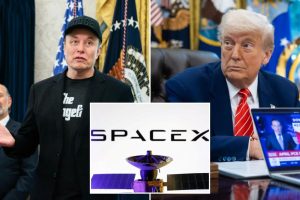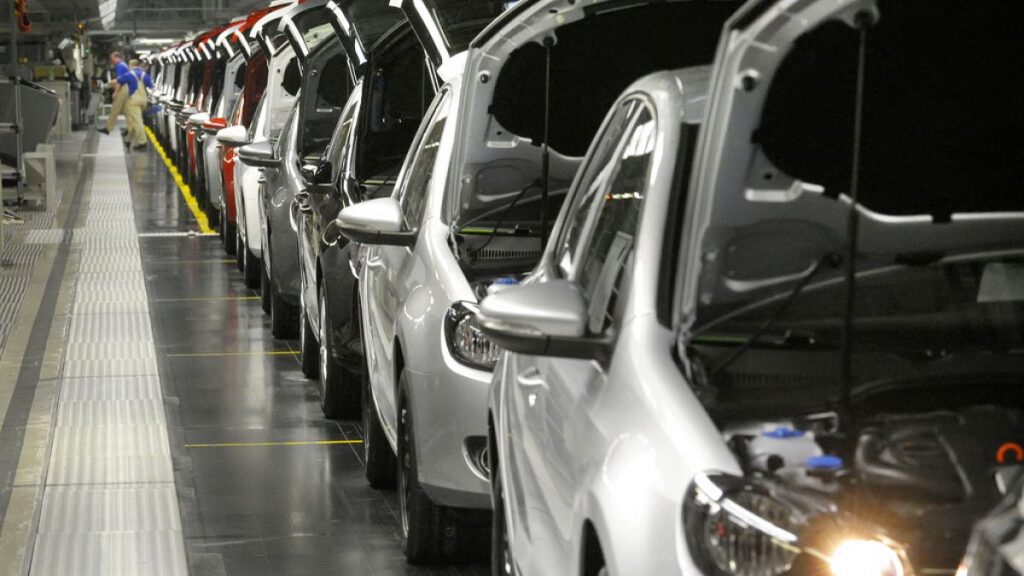The European automotive industry finds itself navigating a turbulent landscape, beset by a confluence of challenges that threaten its long-term viability and global competitiveness. High energy costs, driven by geopolitical instability and market volatility, significantly impact production expenses, squeezing profit margins and hindering investment in crucial areas like research and development. Simultaneously, the industry faces fierce competition from Asian manufacturers, particularly those in China, who often benefit from lower labor costs, less stringent environmental regulations, and robust government support. This competitive pressure is exacerbated by the ongoing and costly transition to electric vehicles (EVs), a shift necessitated by environmental concerns and regulatory mandates but requiring substantial investments in new technologies, infrastructure, and workforce training.
The transition to electric vehicles, while crucial for environmental sustainability, presents a multifaceted challenge for the European car industry. The substantial upfront investments required for research, development, and production of EVs strain financial resources. Furthermore, the shift necessitates a significant restructuring of the workforce, with existing skills in internal combustion engine technology becoming obsolete and requiring retraining for EV production and maintenance. This transition carries the risk of significant job displacement, potentially exacerbating social and economic inequalities within the region. The industry must navigate this complex transition while simultaneously contending with other pressing challenges, creating a precarious balancing act.
Adding to the complexity of the situation are trade tensions, particularly the threat of tariffs imposed by other major economies. The prospect of trade barriers further disrupts global supply chains, adds to the cost of doing business, and creates uncertainty for manufacturers attempting to plan long-term strategies. These external factors compound the internal pressures facing the European automotive industry, creating a demanding environment requiring agile adaptation and strategic foresight. The European Commission, recognizing the gravity of these challenges, has initiated a dialogue with industry stakeholders to identify solutions and chart a path forward.
The European Commission’s dialogue with industry leaders underscores the urgency of bolstering the European automotive sector’s competitiveness. President Ursula von der Leyen has emphasized the need to unlock the innovative potential of European companies, recognizing that innovation is key to competing in the rapidly evolving global automotive market. Industry representatives, such as Sigrid de Vries, Director General of the European Automobile Manufacturers’ Association (ACEA), have stressed the importance of creating a more favorable business environment in Europe. This includes reducing energy costs, streamlining regulations, and minimizing bureaucratic hurdles that hinder innovation and investment. The goal is to create a level playing field where European manufacturers can effectively compete with their global counterparts.
Central to the discussions is the ambitious target of phasing out new internal combustion engine vehicles by 2035. While lauded for its environmental ambition, this target is now under scrutiny due to the significant economic and social costs associated with the rapid transition to EVs. The feasibility of achieving this target while maintaining the industry’s competitiveness and mitigating job losses is a key concern. Furthermore, the potential impact of tariffs on Chinese-manufactured EVs adds another layer of complexity. While intended to protect European manufacturers, such tariffs could also negatively affect European companies reliant on Chinese components and production. These interconnected challenges demand a nuanced and comprehensive approach.
The European automotive industry, a cornerstone of the European economy, employing millions and contributing significantly to the region’s GDP, stands at a critical juncture. The European Commission’s forthcoming action plan is eagerly awaited, with industry leaders emphasizing the need for concrete measures rather than just plans. The ability of the European Union to navigate these complex challenges – high energy costs, global competition, the EV transition, and trade tensions – will determine the future of its automotive industry and its broader economic landscape. The coming months will be crucial in determining whether Europe can successfully forge a path towards a sustainable and competitive automotive future.









